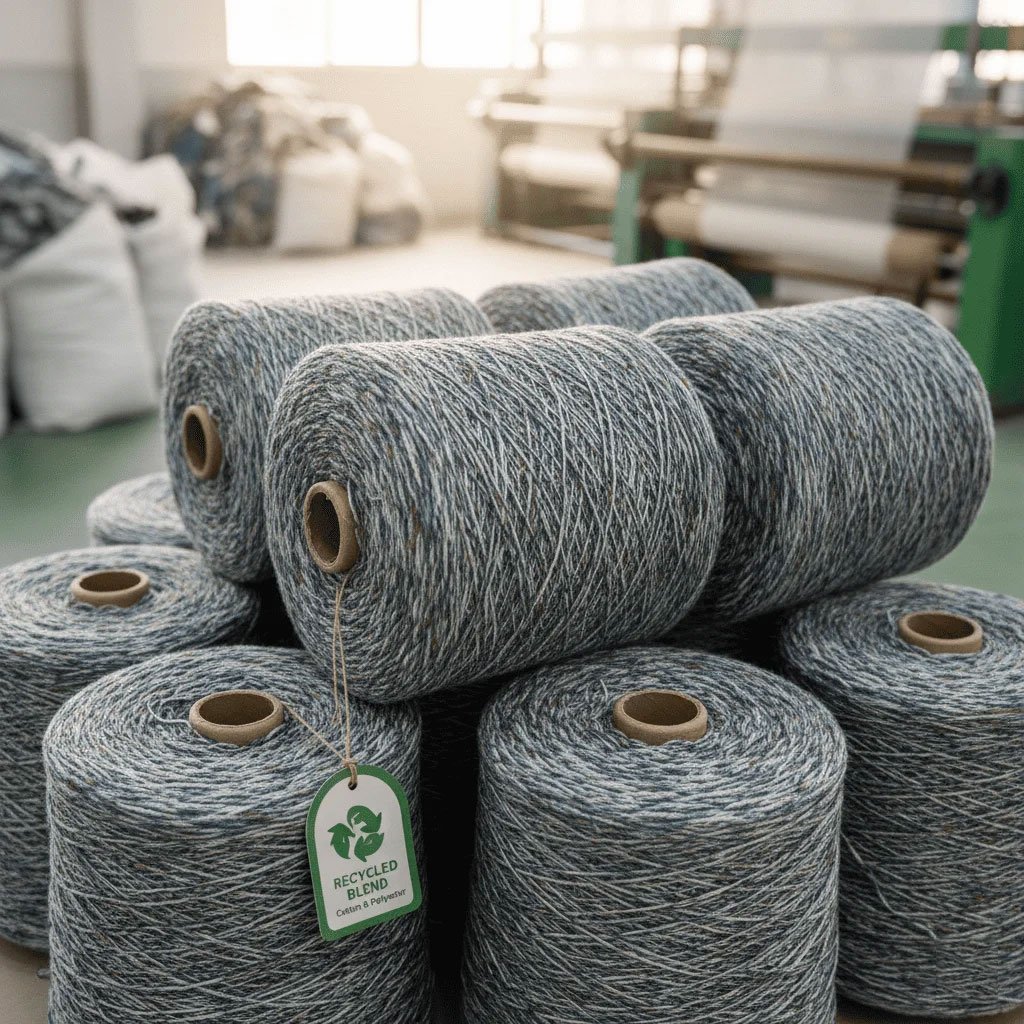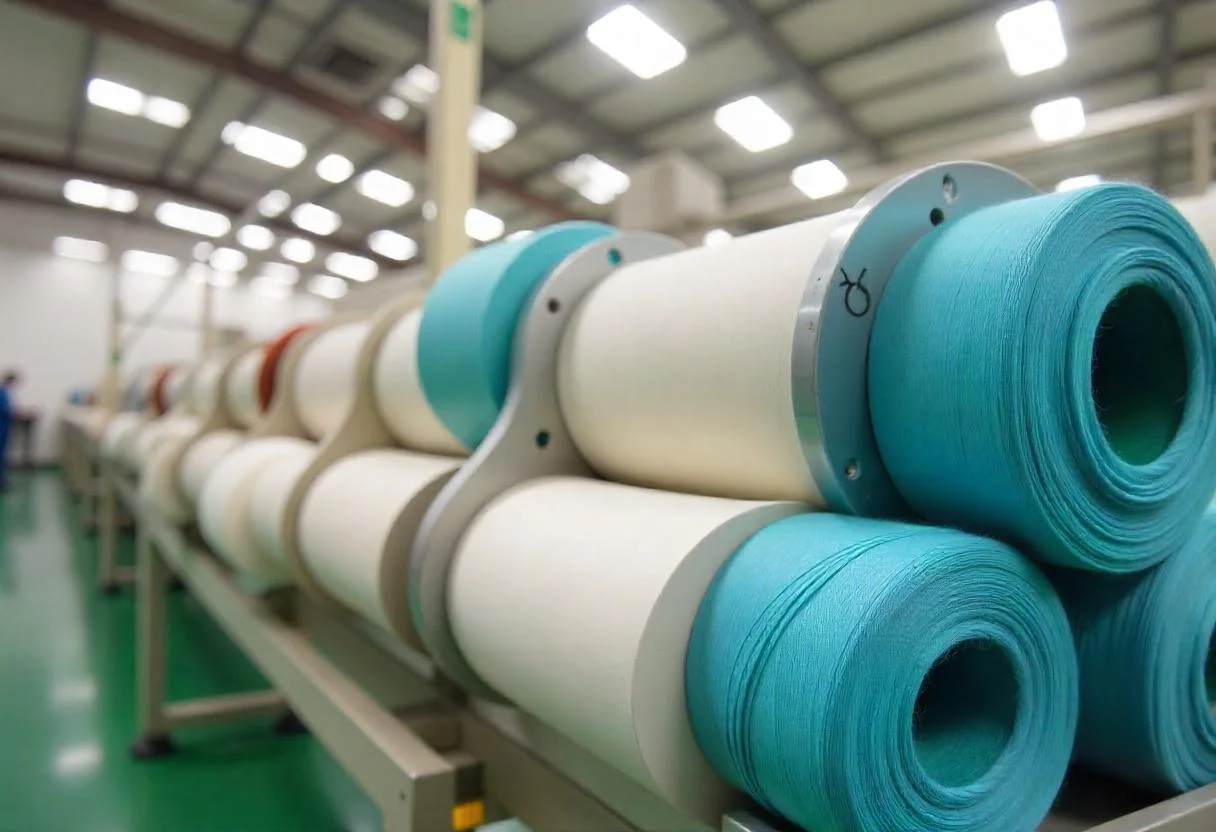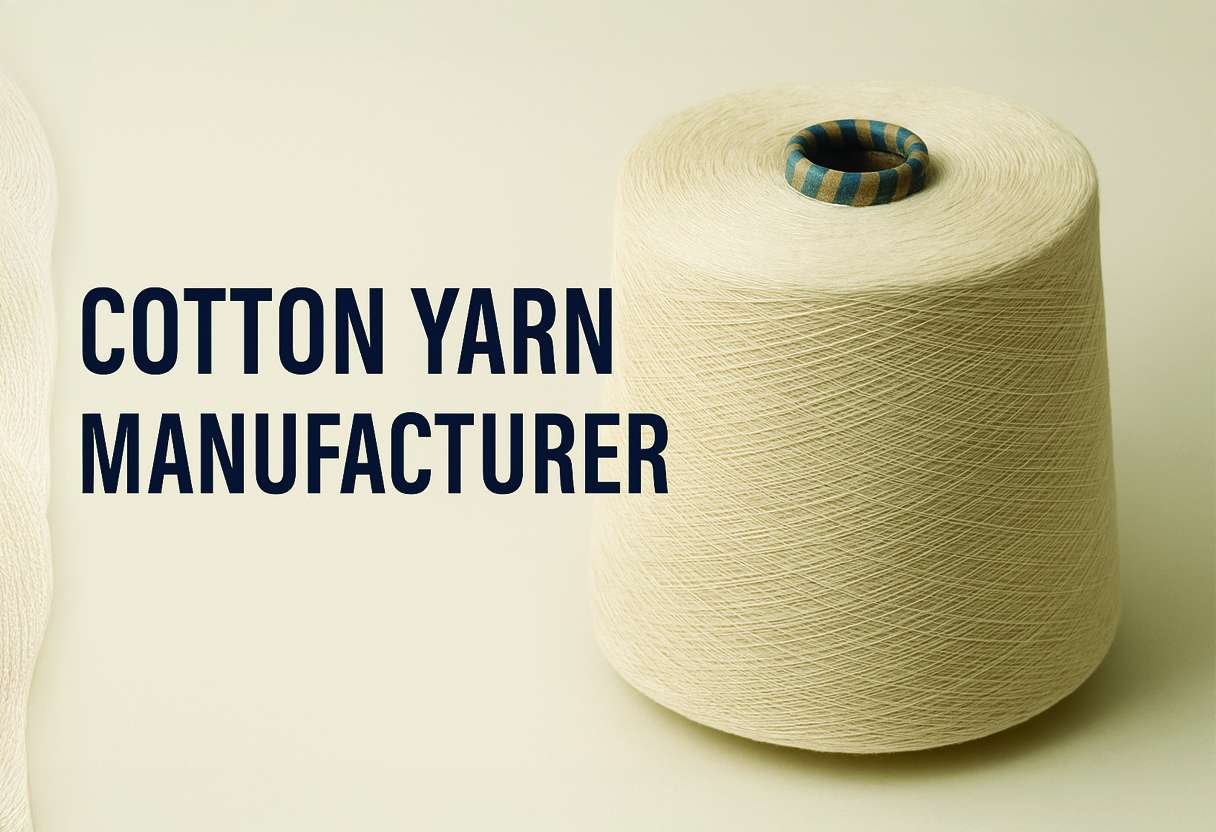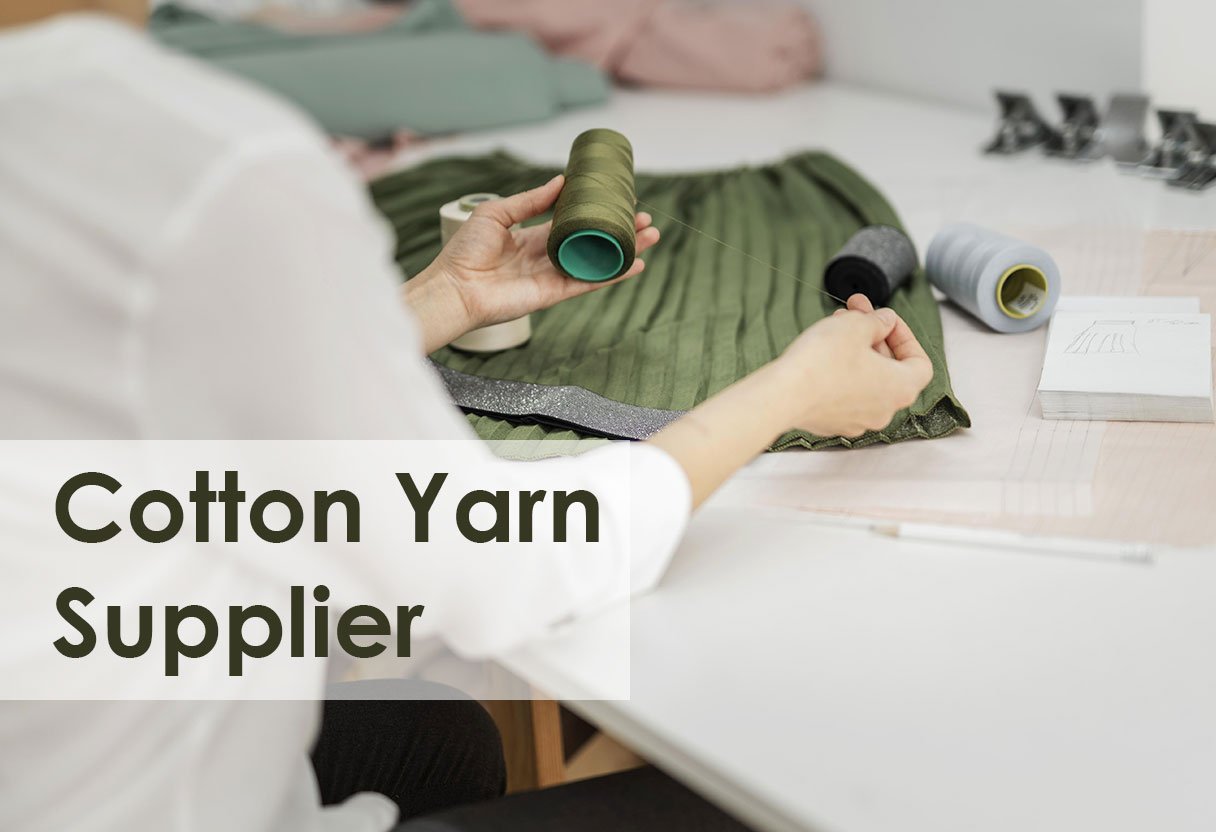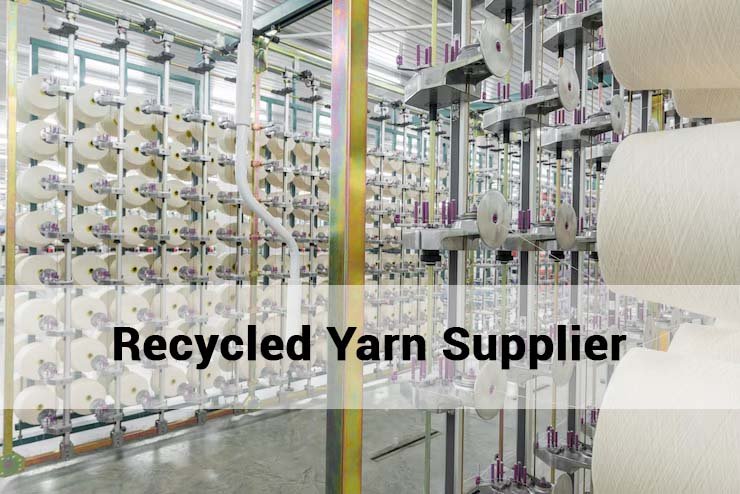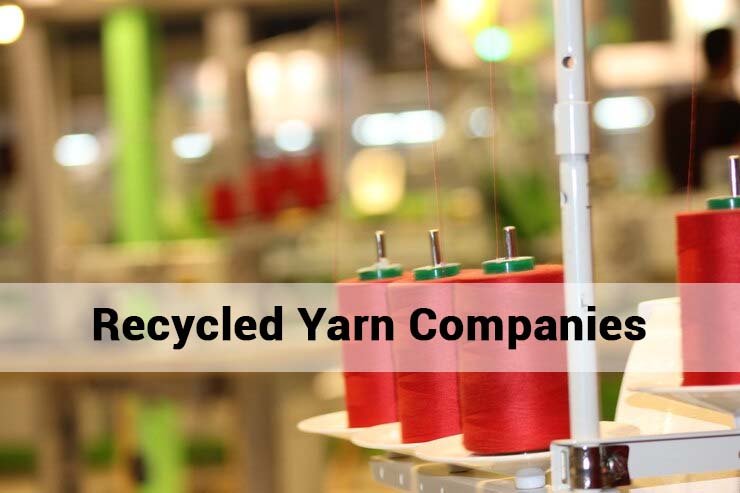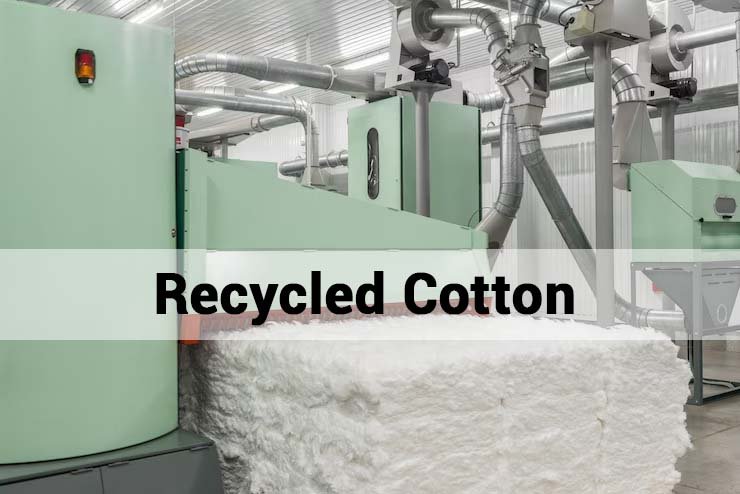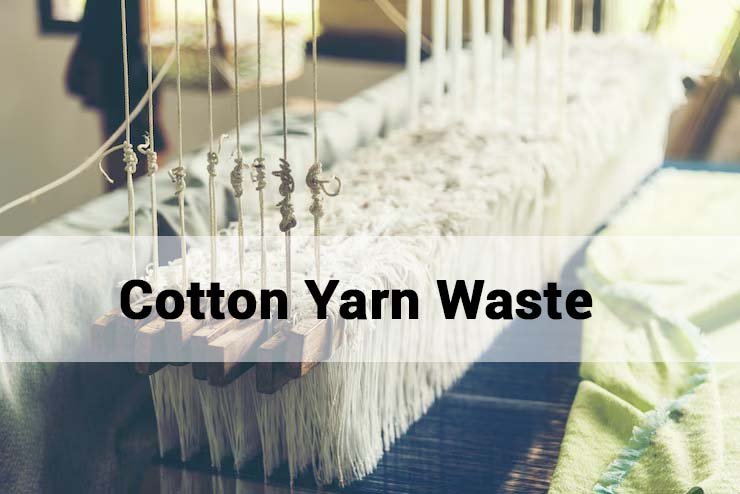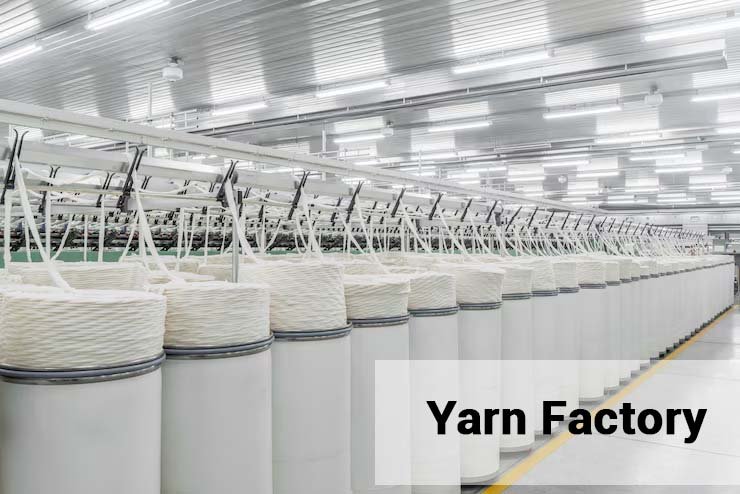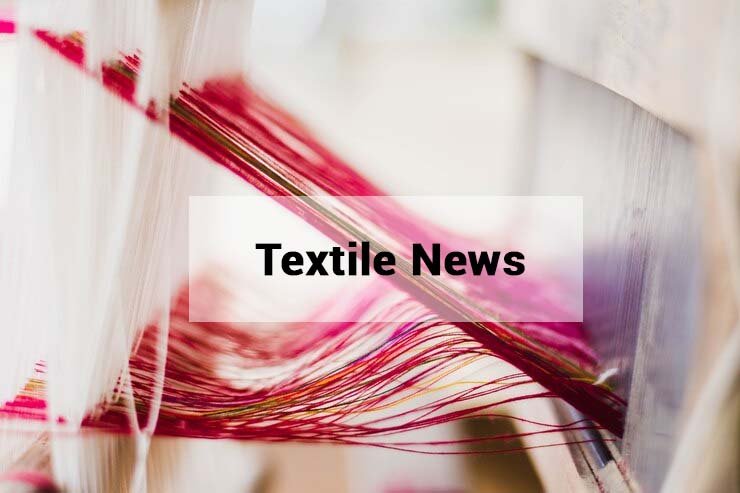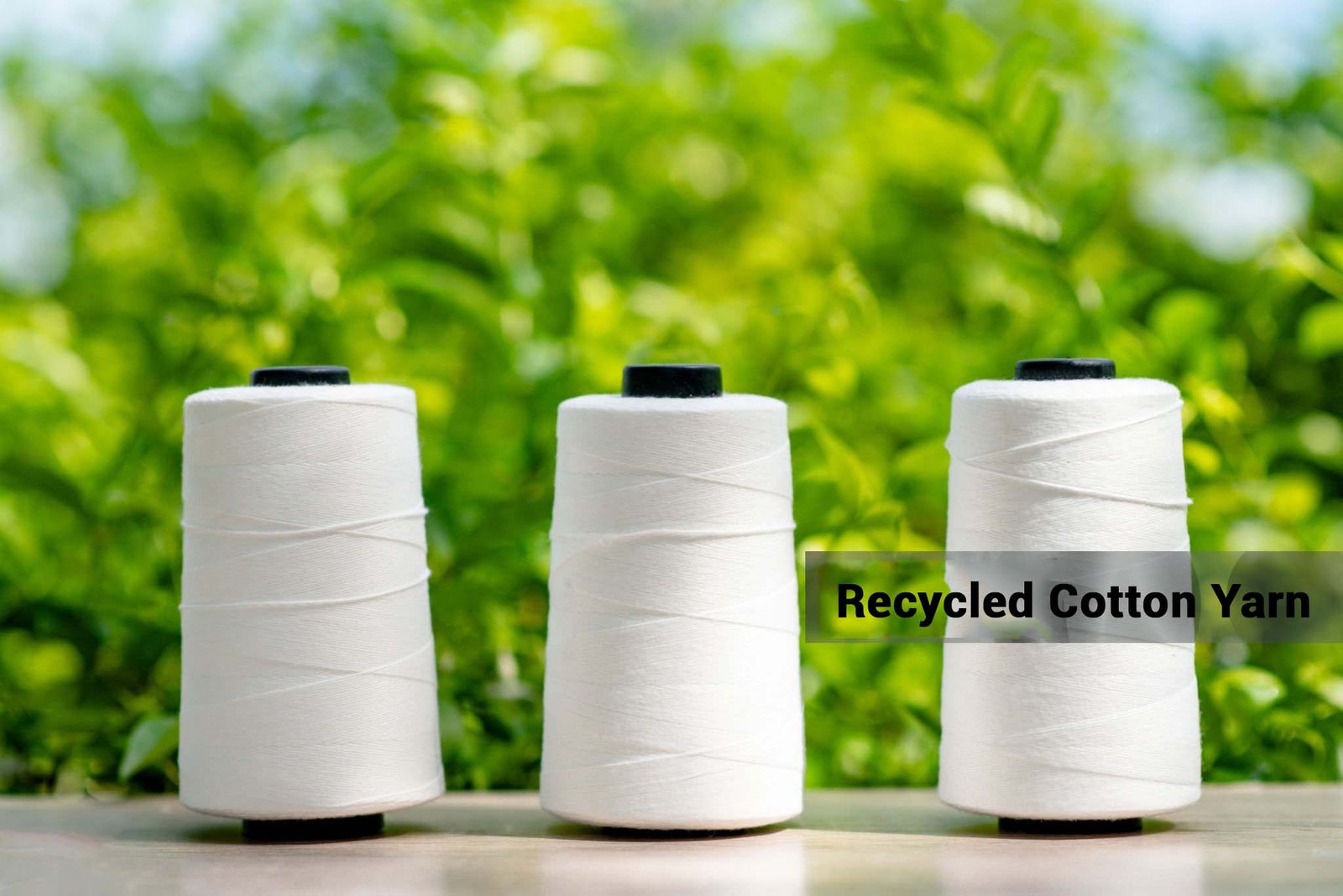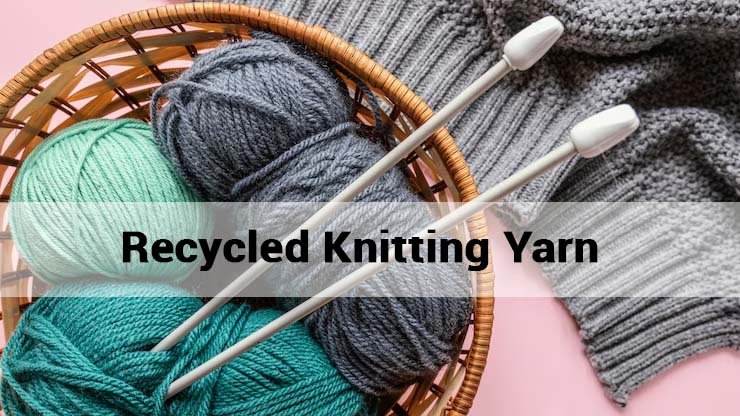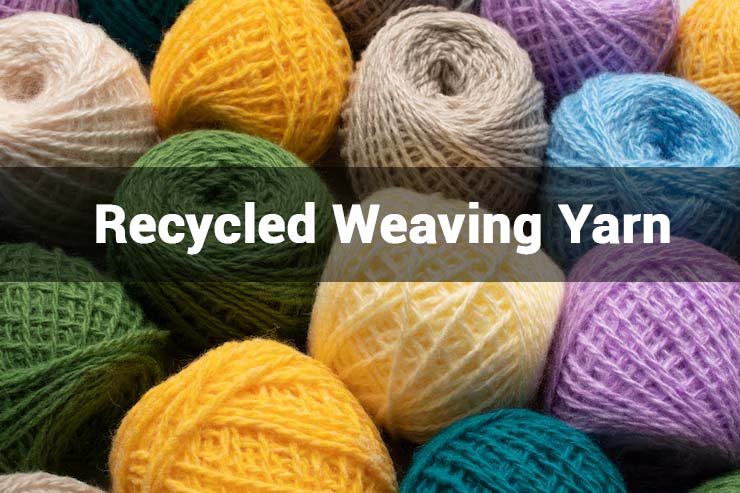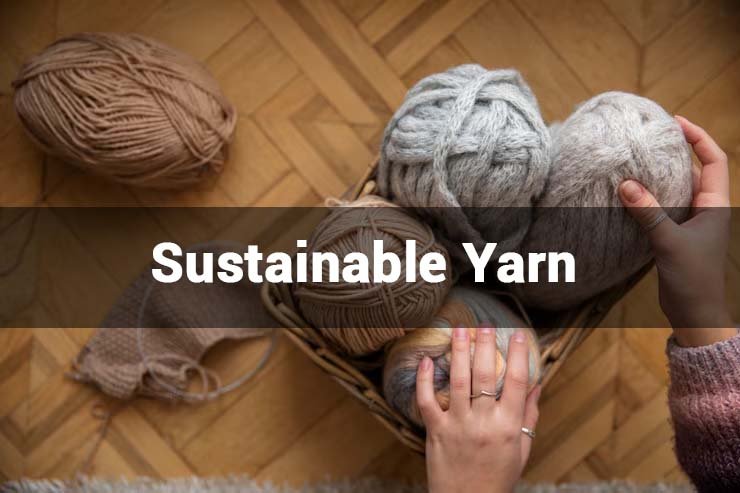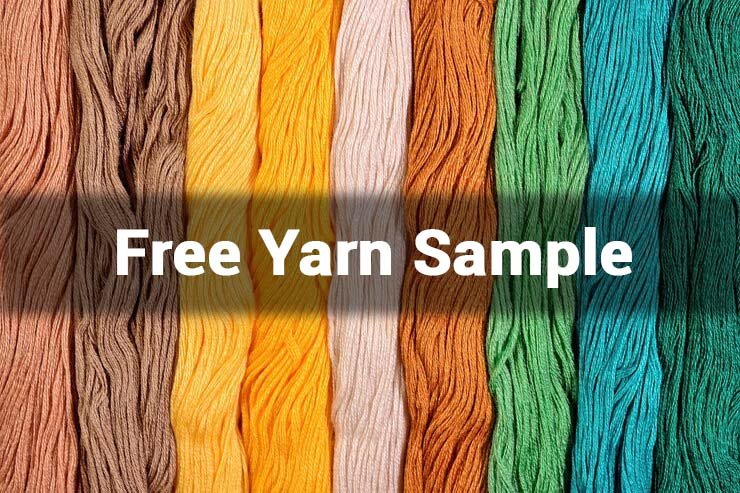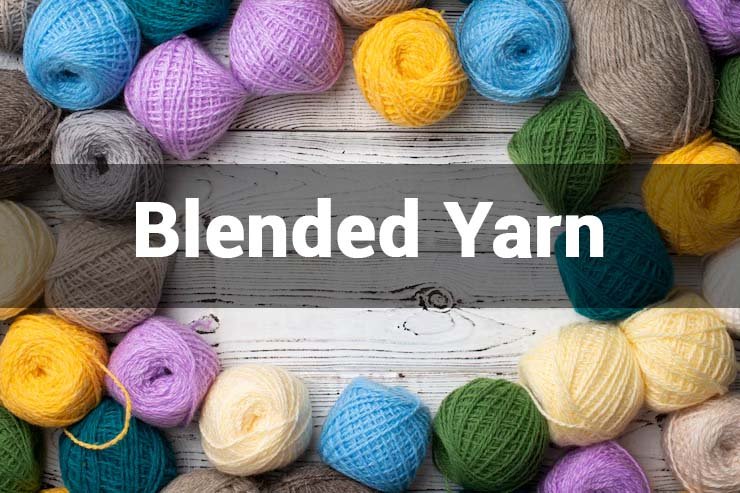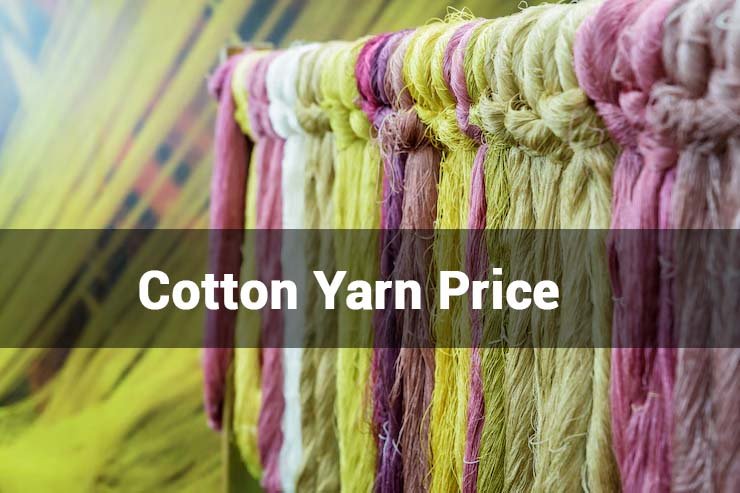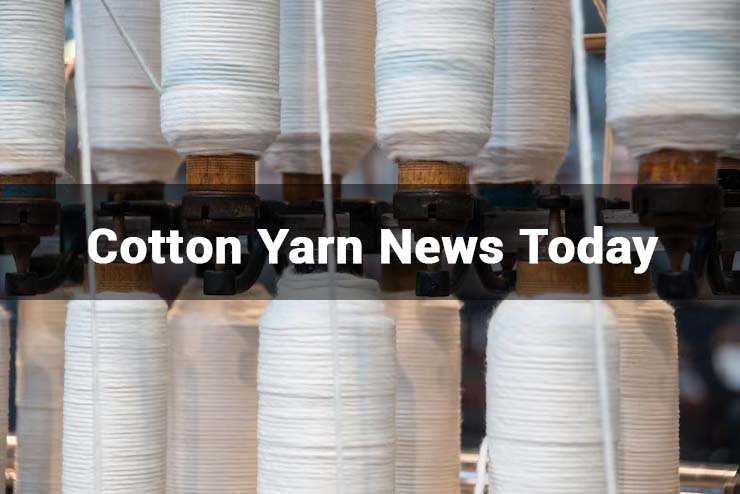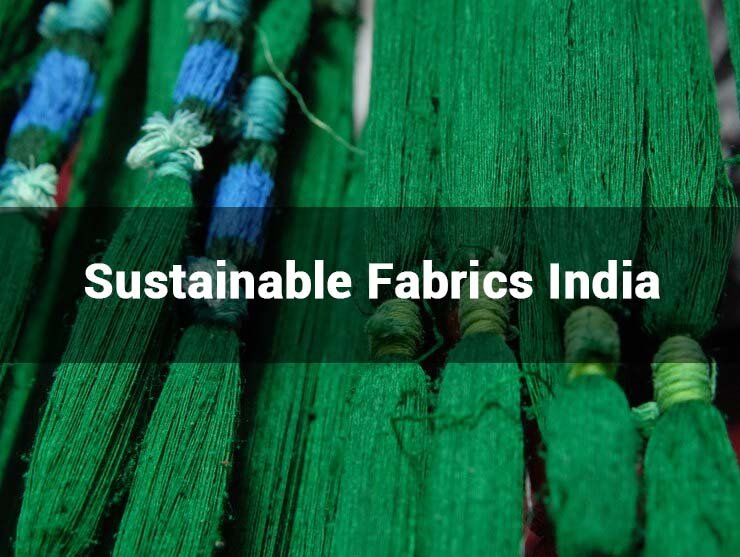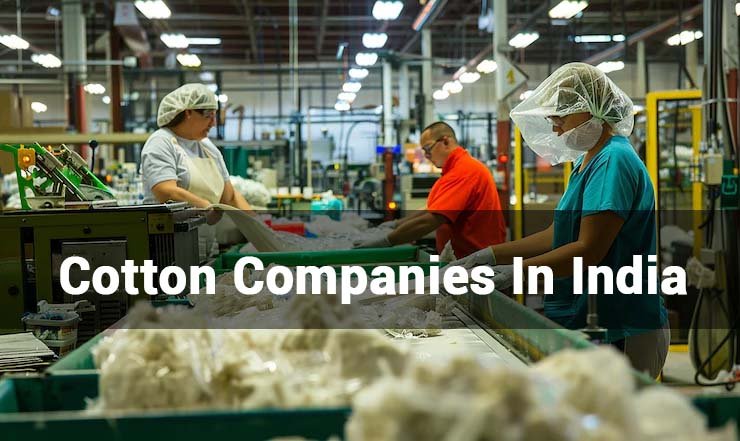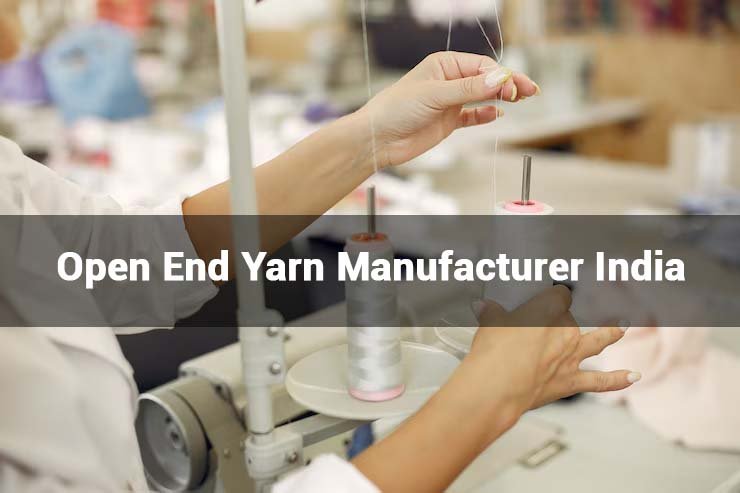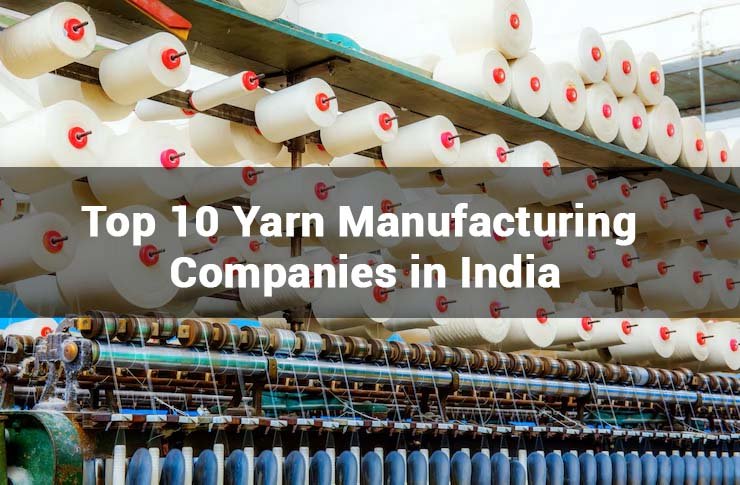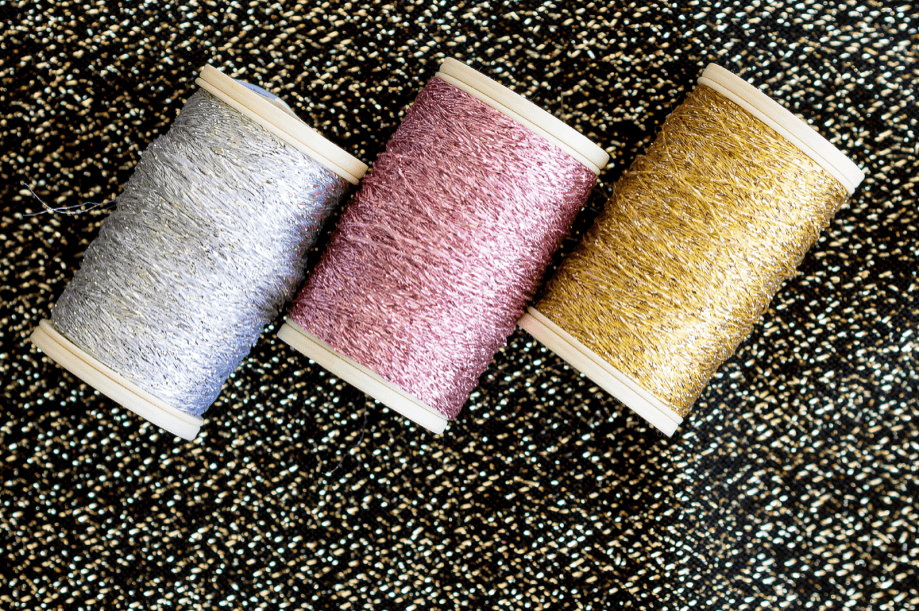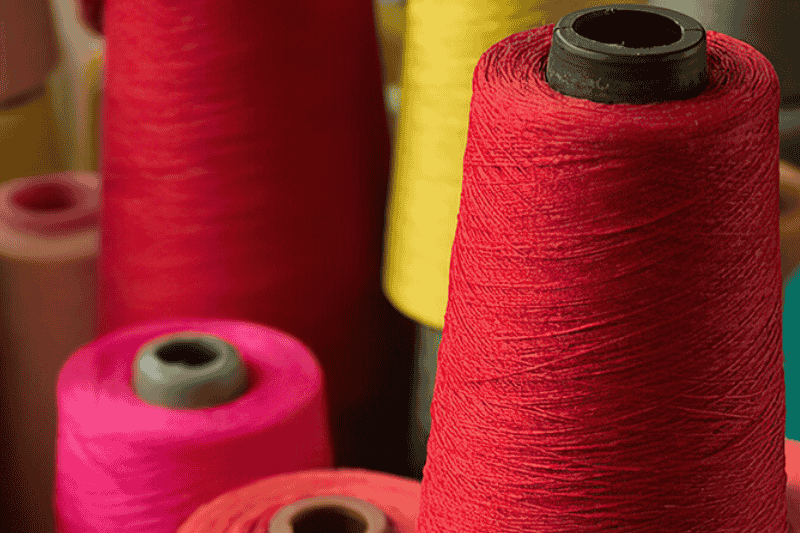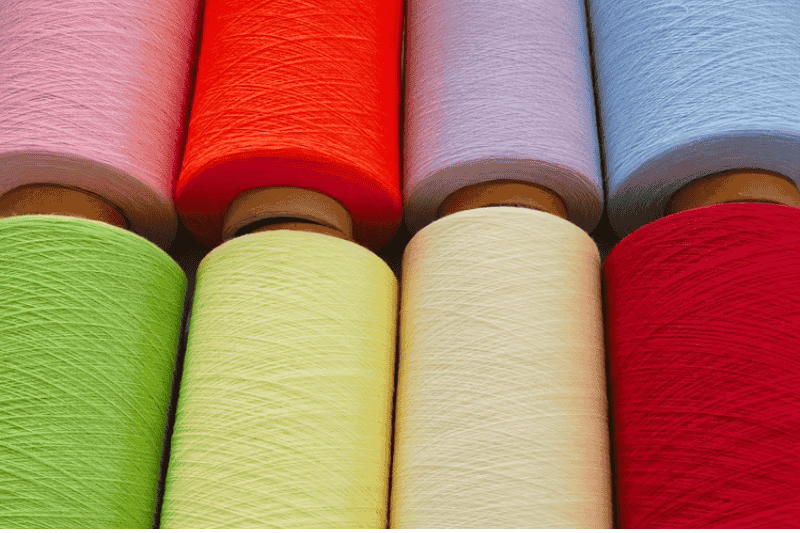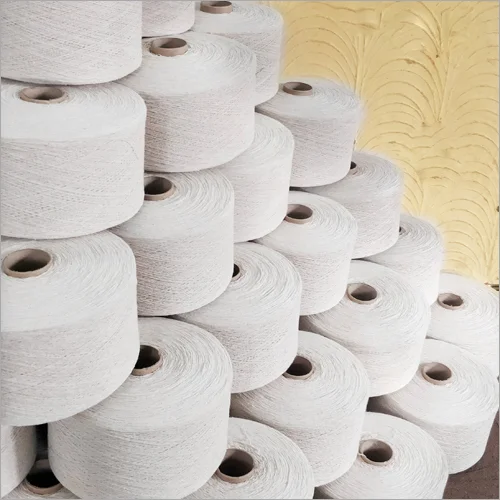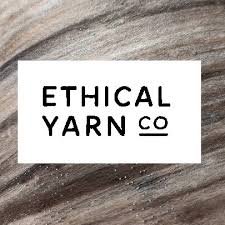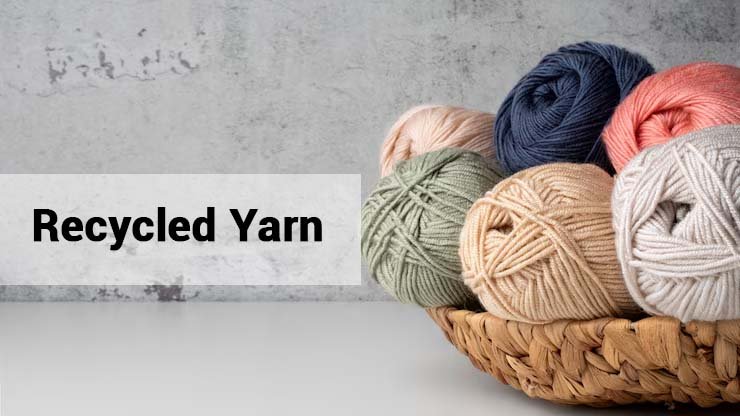
Author. Ankit Singh / Date: 25 Jul, 2025
RG Fibers Explains Recycled Yarn Benefits and Uses
In an age where sustainability is no longer optional but essential, recycled yarn is gaining significant popularity across the textile and fashion industries. With rising concerns over climate change, water pollution, and excessive textile waste, more designers, crafters, and consumers are asking: What is recycled yarn?
This Eco-friendly guide explores the definition, production process, benefits, and real-world applications of recycled fiber yarn. Whether you're a hobbyist looking to make eco-conscious DIY crafts or a brand exploring sustainable materials, this guide will give you all the insights you need.
What Is Recycled Yarn?
Recycled yarn is a type of yarn made from pre-used materials, either from textile waste or discarded garments, giving them a second life. These materials are repurposed and spun into fresh yarns without relying on new raw materials like cotton or polyester.
There are two main types of recycled yarn
Post-Consumer Recycled Yarn: Made from used clothing, home textiles, or products discarded by consumers.
Post-Industrial Recycled Yarn: Created from manufacturing scraps and textile waste collected from production units.
Unlike virgin yarn (which comes from newly harvested fibers), recycled fiber yarn saves energy and resources by reducing the need for raw material extraction.
How Recycled Yarn Is Made
You may wonder, how is recycled yarn made? The process is quite fascinating and involves several eco-conscious steps:
Step-by-Step Process:
Collection : Waste textiles or clothing are collected from consumers, factories, or recycling bins.
Sorting: Materials are sorted based on color, fiber type (cotton, polyester, etc.), and quality.
Cleaning & Shredding: The fabrics are cleaned and then broken down into tiny fiber pieces using machines.
Re-Spinning: The cleaned fibers are carded and spun into new recycled yarn using traditional or open-end spinning methods.
Finishing: The yarn is treated for strength, texture, and color before it's ready for commercial or domestic use.
This eco-friendly process uses less water, energy, and chemicals than making new yarn from scratch.
Benefits of Recycled Yarn
Choosing recycled fiber yarn isn’t just an eco-friendly trend—it’s a smart, impactful decision with a range of benefits.
Top Benefits of Recycled Yarn:
Reduces Textile Waste : With over 92 million tons of textile waste generated annually, recycled yarns reduce landfill contributions.
Eco-Friendly : Making recycled yarn uses less water and creates fewer harmful gases compared to making new yarn from raw materials.
Cost-Effective : For manufacturers, using recycled inputs can reduce material costs without compromising quality.
Boosts Sustainable Fashion : Recycled yarn is a foundational element in creating low-impact, ethical clothing lines.
Uses of Recycled Yarn
Wondering where and how you can use recycled yarn? Whether you're a fashion brand or a home crafter, its versatility is unmatched.
Popular Uses:
Clothing : Eco-friendly brands use recycled yarns for t-shirts, jeans, jackets, and more.
Accessories : Think handbags, scarves, beanies, and belts—stylish yet sustainable.
Home Décor : Rugs, cushion covers, throws, and curtains made from recycled yarn offer beauty with purpose.
DIY & Crafts : Crafters and knitters love recycled fiber yarn for crochet projects, macramé, and upcycled creations.
Is Recycled Yarn Eco Friendly ?
Yes—and here's why.
Recycled yarn dramatically reduces environmental impact compared to virgin alternatives. The water and energy savings during production are significant. According to various textile reports, recycled cotton can save up to 20,000 liters of water per kilogram compared to conventional cotton.
Moreover, recycled yarn suppliers and ethical brands often operate under global certifications like GRS (Global Recycled Standard), ensuring traceability and environmental compliance.
When compared with organic cotton, recycled fiber yarn still holds an edge in terms of reduced raw material demand and minimal agricultural inputs.
Where to Buy Recycled Yarn
You can now easily buy recycled yarn through multiple platforms, thanks to its growing popularity in the sustainable market.
Top Places to Shop:
Recycled Yarn Manufacturers: Connect directly with recycled fiber yarn manufacturers and suppliers for bulk or wholesale orders. Several suppliers also offer free yarn samples for trials.
Ethical Brands: Brands like Rajiv Group, known as reliable recycled yarn suppliers in panipat, offer quality yarns with certified sustainability.
Why Choose Certified Recycled Yarn Manufacturers
Working with recycled yarn manufacturers that are certified ensures:
Consistent yarn quality
Ethical sourcing and traceability
Environmental compliance
Customization options for color, strength, and blend
Partnering with trusted recycled yarn suppliers helps your business or project stay aligned with global sustainability goal
Conclusion
From reducing waste to creating eco-conscious fashion, recycled yarn is a game changer. It proves that sustainability and style can go hand-in-hand, offering a second life to materials once considered waste. So, whether you're a business sourcing from recycled fiber yarn suppliers or a DIY crafter making sustainable swaps, choosing recycled yarn is a step in the right direction.
Have you used recycled yarn before? Share your experience in the comments!
